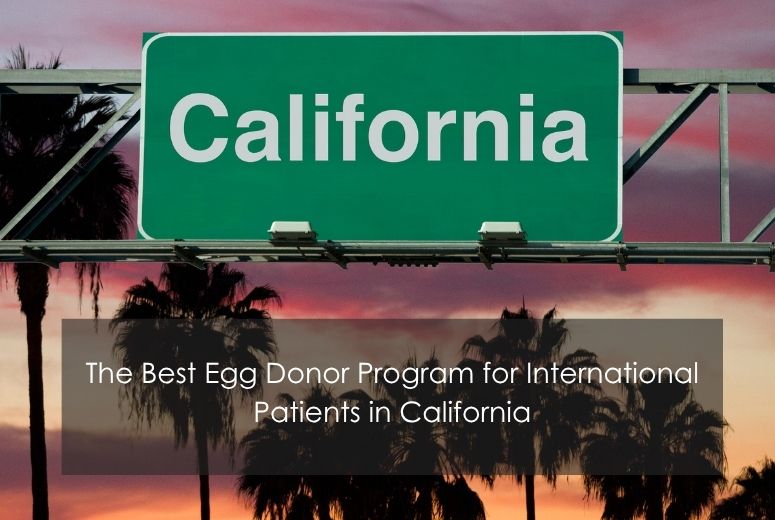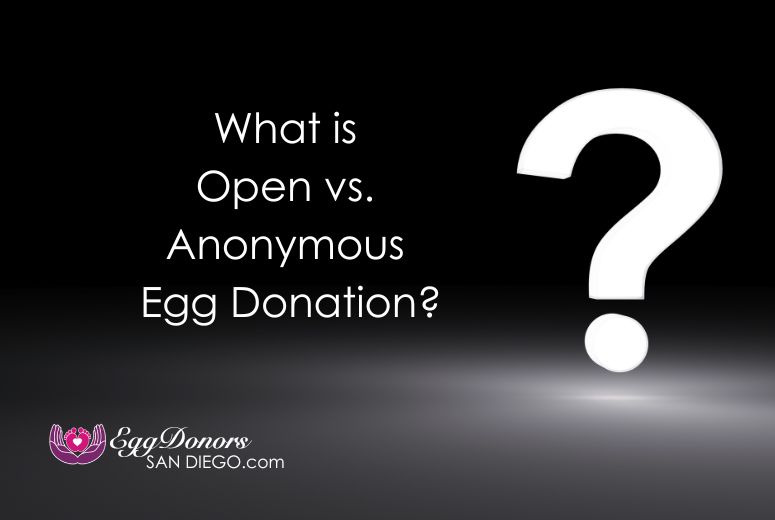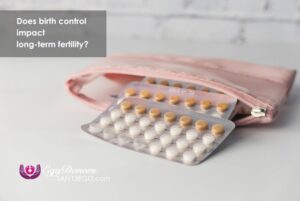Egg donor health screeningsEgg donor health screeningsWhen considering egg donation, it’s essential to understand the health and lifestyle requirements needed to qualify. Egg donors play a vital role in helping individuals and couples build their families, making it imperative that potential donors meet certain criteria to ensure the highest quality care and successful outcomes.
At EggDonorsSanDiego.com, led by Dr. Minoos Hosseinzadeh, a specialized fertility clinic in San Diego, California, the process is handled with a personal, one-on-one approach. As Dr. Hosseinzadeh emphasizes, “We make sure that every egg donor is not only physically healthy but also emotionally prepared to take this important step. Our goal is to match the right donor with the right recipient, ensuring the best outcomes for everyone involved.”
What Are the Health and Lifestyle Requirements?
Egg donor requirements vary from clinic to clinic, but there are universal standards all donors must meet. Egg donation agencies and fertility clinics, like EggDonorsSanDiego.com, prioritize the well-being of both donors and recipients.
To be eligible, donors must pass a series of health screenings and evaluations. These egg donor screenings assess the physical, mental, and emotional health of potential donors, ensuring they can safely undergo the egg donation process.
Key Health and Lifestyle Criteria
Age Limits: Most fertility clinics require donors to be between 21 and 30 years old. This is the prime age range where egg quality is typically at its best, offering the highest chance of success.
Medical History: A thorough review of the donor’s medical background is essential. Donors must have no history of genetic disorders or chronic illnesses, and their family history must be free of hereditary diseases.
Mental Health: Emotional stability is crucial. Donors must undergo a psychological evaluation to ensure they understand the commitment involved. “The mental and emotional preparation of donors is just as important as their physical health,” says Dr. Hosseinzadeh.
Lifestyle Choices: A donor’s lifestyle is equally significant. Healthy habits for egg donors include abstaining from smoking, alcohol, and drug use. Donors should also lead a generally healthy lifestyle, including maintaining a balanced diet and regular exercise routine.
How Are Donors Screened and Evaluated?
Egg donor health screenings involve a multi-step process designed to confirm that donors meet the necessary criteria. Some of the tests include:
Hormonal Health Evaluations: These assessments ensure that the donor’s reproductive system is functioning properly. Hormonal imbalances can affect egg quality, so fertility experts closely monitor this aspect.
General Health Assessments: Blood tests, physical exams, and a review of the donor’s overall health are conducted. This helps doctors identify any underlying issues that could affect the egg donation process.
Psychological Assessments: A mental health evaluation ensures that the donor is mentally prepared for the emotional aspects of the process. This step is vital in determining if the donor can handle the possible emotional impact of donating.
Why Are Health and Lifestyle Requirements So Important?
Egg donation is a complex medical procedure, and the health and lifestyle of the donor can directly affect the outcome. Ensuring that donors meet these requirements benefits both the donor and the recipient, minimizing health risks and improving the chances of a successful pregnancy.
As Dr. Hosseinzadeh explains, “The success of any fertility clinic’s egg donation program depends heavily on the health and well-being of the donor. By thoroughly screening and evaluating each donor, we ensure the highest level of care for everyone involved.”
Who Should Consider Becoming an Egg Donor?
Women who are in good health, between the ages of 21 and 30, and have a genuine interest in helping others achieve parenthood may be ideal candidates for egg donation. However, potential donors should also be prepared for the lifestyle changes required to maintain optimal health during the donation process.
Egg donors are often motivated by a desire to help others. However, it’s also important that they meet the stringent medical criteria for egg donation. In some cases, individuals who lead particularly healthy lifestyles — such as athletes or those with a focus on wellness — are sought after for their commitment to health.
When Should You Consider Egg Donation?
The best time to consider becoming an egg donor is when you are in your physical prime, emotionally stable, and prepared to undergo the rigorous screening process. The decision to donate eggs is significant, and it’s important to choose a time when your body and mind are in optimal condition.
Potential Risks and Complications
Though egg donation is generally safe, it’s important to understand potential risks. Common complications can include:
Ovarian Hyperstimulation Syndrome (OHSS): A condition where the ovaries respond too strongly to fertility medications, causing swelling and discomfort.
Emotional Impact: Donors may feel emotional about their contribution, and it’s essential that they have access to psychological support throughout the process.
Prevention and Support for Donors
Fertility clinics like EggDonorsSanDiego.com take extra steps to ensure that donors remain in good health throughout the process. Regular health checkups, hormonal monitoring, and access to mental health support are just a few ways they ensure donor safety.
The Cost of Being an Egg Donor
While most egg donors receive compensation for their time and effort, it’s crucial to understand that donation is about more than financial gain. As Dr. Hosseinzadeh puts it, “Egg donors are giving the gift of life. The compensation is just one part of the process — what they are truly providing is hope and opportunity for families.”
FAQs
Donors must be in good physical health, free from genetic disorders, and lead a healthy lifestyle. Regular screenings ensure these criteria are met.
The process typically lasts 4-6 weeks, from initial consultation and screening to egg retrieval.
Donors must maintain a healthy lifestyle, including abstaining from smoking, alcohol, and drug use, and following a balanced diet and exercise routine.
Common risks include Ovarian Hyperstimulation Syndrome (OHSS) and the emotional impact of the process. However, clinics closely monitor donors to mitigate these risks.
Egg donation is a profound and life-changing decision. At EggDonorsSanDiego.com, Dr. Minoos Hosseinzadeh and her team ensure that donors are well-prepared and supported throughout every step of the process. By understanding the health and lifestyle requirements for egg donation, potential donors can make informed decisions and offer the gift of life to those in need.
If you’re ready to start your egg donation journey, get started now.









